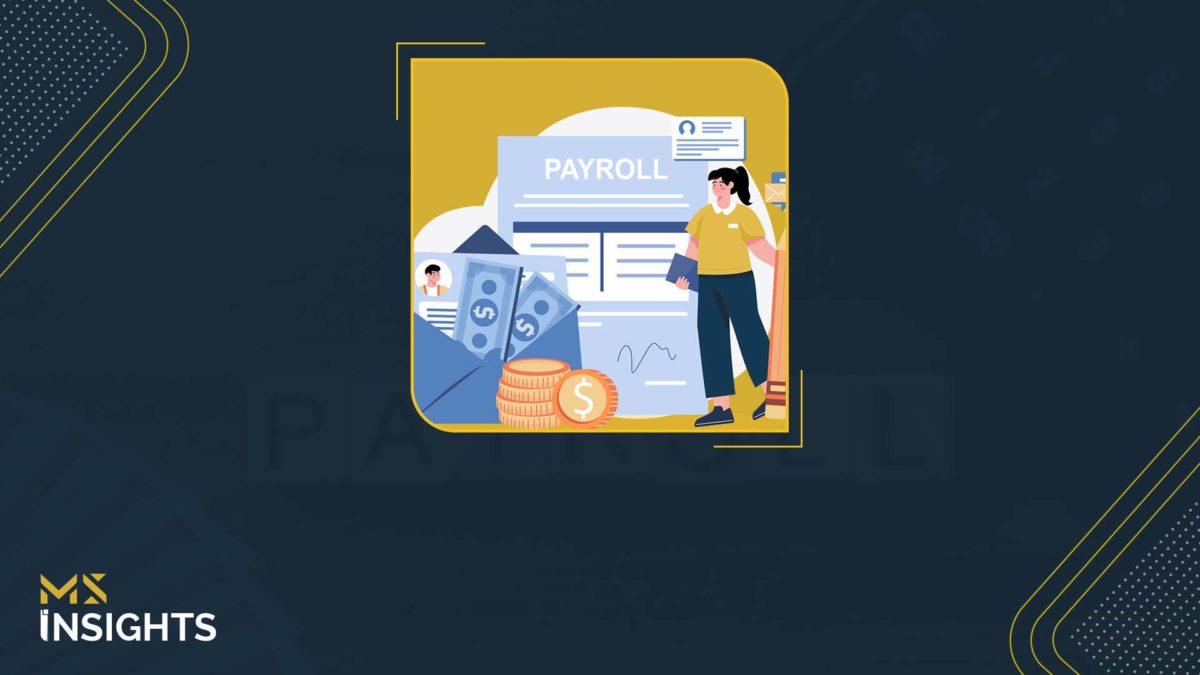The UAE Constitution and societal values are foundational in upholding and protecting workers’ rights. As a member of the International Labor Organization (ILO), the Arab Labor Organization, and other international bodies dedicated to employment rights, the UAE remains committed to transparency and fairness in its obligations toward all workers. The UAE continuously reviews various work-related aspects, including recruitment, hiring processes, and the living conditions of expatriate workers. Significant strides have been made to ensure that workers are treated with respect and equality and have accessible, confidential avenues for reporting labor disputes and abuse.
Employment Benefits and Sector Differences in the UAE
Employees in the UAE, whether local or expatriate, are generally entitled to a range of benefits. However, some benefits are exclusive to local employees, and there are notable differences between public and private sector employment. Furthermore, specific regulations apply to employees working in areas such as the Dubai International Financial Centre (DIFC), the Abu Dhabi Global Market (ADGM), and the other UAE Free Zones.
While the UAE constitution and its membership in international labour organizations establish strong employee rights, these rights translate into concrete obligations for employers. One key area of obligation is ensuring fair and transparent compensation and benefits. This is where payroll services come into play. Understanding UAE labour laws related to payroll, such as minimum wage, overtime, and end-of-service benefits, is crucial for employers to fulfill their obligations and maintain a compliant and positive work environment.
Wage Protection System in the UAE
In the UAE, the Wage Protection System (WPS) is a government initiative designed to ensure timely and full payment of employee wages. Implemented by the Ministry of Human Resources and Emiratisation, WPS mandates that all private sector employers pay their employees’ salaries through an approved electronic system, typically through banks or financial institutions. This system aims to enhance transparency, protect workers’ rights, and streamline payroll processes by providing a reliable and secure mechanism for wage disbursement. Compliance with WPS is crucial for businesses to avoid penalties and ensure adherence to labor regulations.
Grasping Legal Essentials for Payroll Services in the UAE
Know the UAE Labor Laws: Understanding the UAE’s labor laws and regulations related to payroll, such as minimum wage standards, overtime rules, and end-of-service benefits, is crucial. Ensuring compliance helps avoid penalties and legal issues.
Keep Informed: Stay updated on any amendments or new regulations from relevant UAE authorities, such as the Ministry of Human Resources and Emiratization (MOHRE).
Maintain Detailed Records: Accurately document employee information, including personal details, contracts, salary structures, and attendance. Errors in this data can lead to payroll mistakes and legal issues.
Regular Updates: Update employee records regularly to reflect changes in salary, benefits, allowances, and tax status, ensuring payroll calculations are accurate and compliant.
Follow Payroll Schedules: Ensure salaries are paid on time according to employment contracts and UAE labor laws. Delayed payments can hurt employee morale and lead to legal disputes.
Automate Payments: Implement automated payment systems to ensure prompt salary disbursements, considering banking holidays and other relevant factors.
Secure Payroll Data: Ensure the confidentiality of payroll information in compliance with UAE data protection laws, such as Federal Law No. 2 of 2019 on Information and Communication Technology.
Implement Security Measures: Use robust security measures to protect payroll data from unauthorized access, breaches, and cyber threats, including encryption, access controls, and regular backups.
Flawless Payroll: Ensuring Smooth Operations in ADGM
The significance of payroll services in ADGM is multifaceted, addressing both legal compliance and operational efficiency in this prominent international financial center. ADGM operates under a regulatory and legal framework, which includes its employment laws and standards distinct from other parts of the UAE. The ADGM Employment Regulations 2019 ensure a fair balance between employer and employee obligations including the payroll. Other key aspects include timely payment of wages, and payslips, along with a mandated end-of-service gratuity calculated based on an employee’s tenure. This uniqueness necessitates precise and comprehensive payroll management and employee rights to ensure full compliance with local regulations, including specific requirements for salary disbursements, end-of-service gratuities, and tax obligations.
Efficient DIFC Payroll Solutions with DEWS
In the DIFC, the importance of payroll services extends beyond mere compliance to encompass critical aspects of regulatory adherence and operational efficiency. The DIFC maintains a distinct legal and regulatory environment, encompassing specific employee compensation mandates such as the DIFC Employee Workplace Savings (DEWS) scheme. DEWS is a mandatory savings plan designed to provide financial security to employees upon the termination of their employment.
Under DEWS, DIFC employers are mandated to contribute a percentage of their employees’ salaries, including allowances and benefits, into a designated savings account. Accurate management of these contributions is essential for regulatory compliance, as failure to adhere to DEWS requirements can lead to substantial fines and legal issues. Professional payroll services play a pivotal role in this process by ensuring that DEWS contributions are correctly calculated, processed, and reported in line with DIFC regulations. These services also facilitate clear communication with employees about their DEWS entitlements and streamline the integration of DEWS management with overall payroll operations. By ensuring precise DEWS administration, businesses in DIFC can enhance employee satisfaction and retention while maintaining a competitive edge in the global financial market.
Payroll Precision with MS
Professional payroll services of MS in ADGM and DIFC are equipped to handle all the complexities, ensuring that all statutory requirements are met accurately and on time. This mitigates the risk of non-compliance, which can result in substantial fines, legal disputes, and damage to a company’s reputation. Given ADGM and DIFC’s global stature and most reputed regulatory environment, maintaining compliance is not just about avoiding penalties but also about fostering trust and credibility among international stakeholders and clients.
